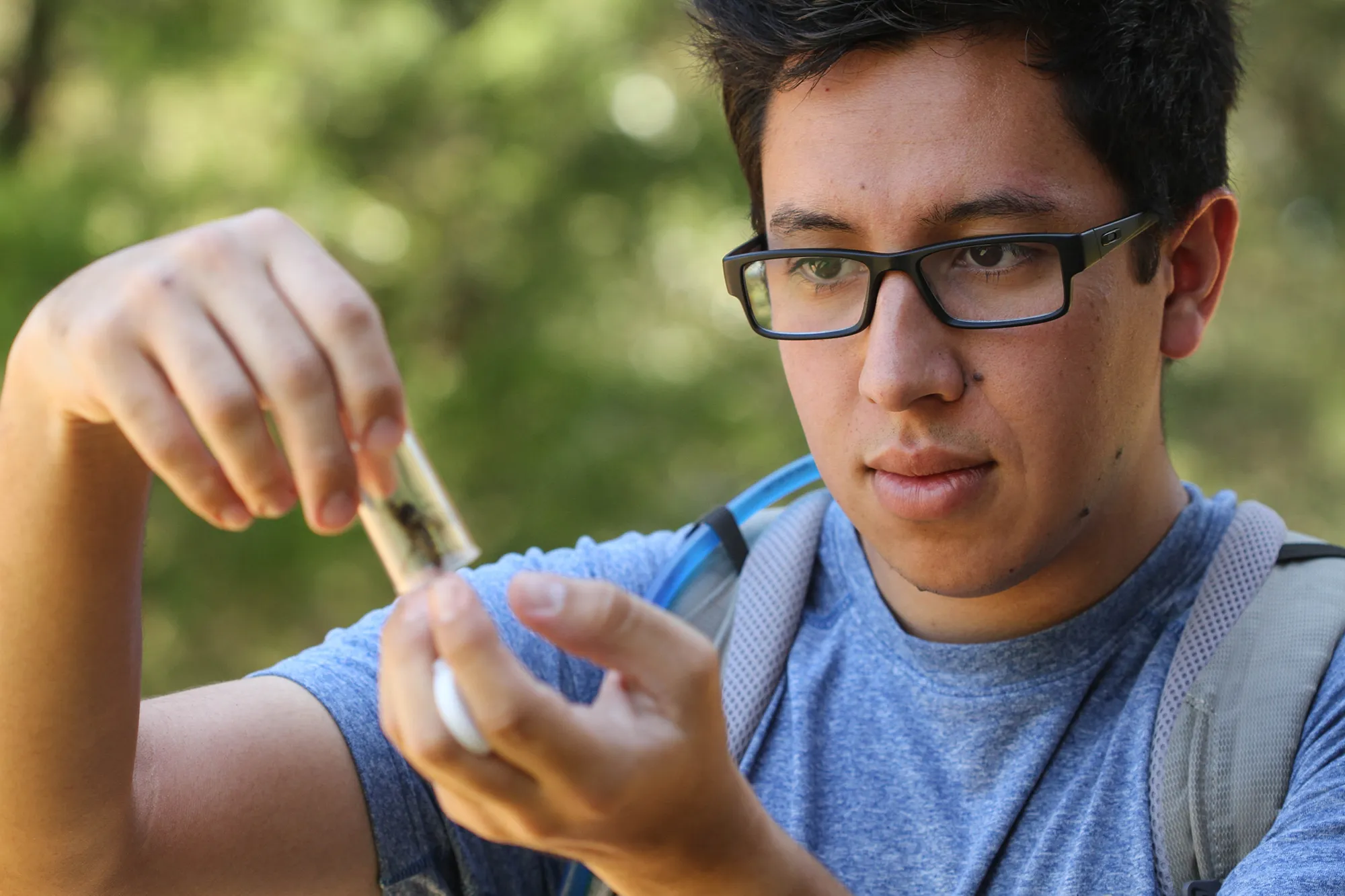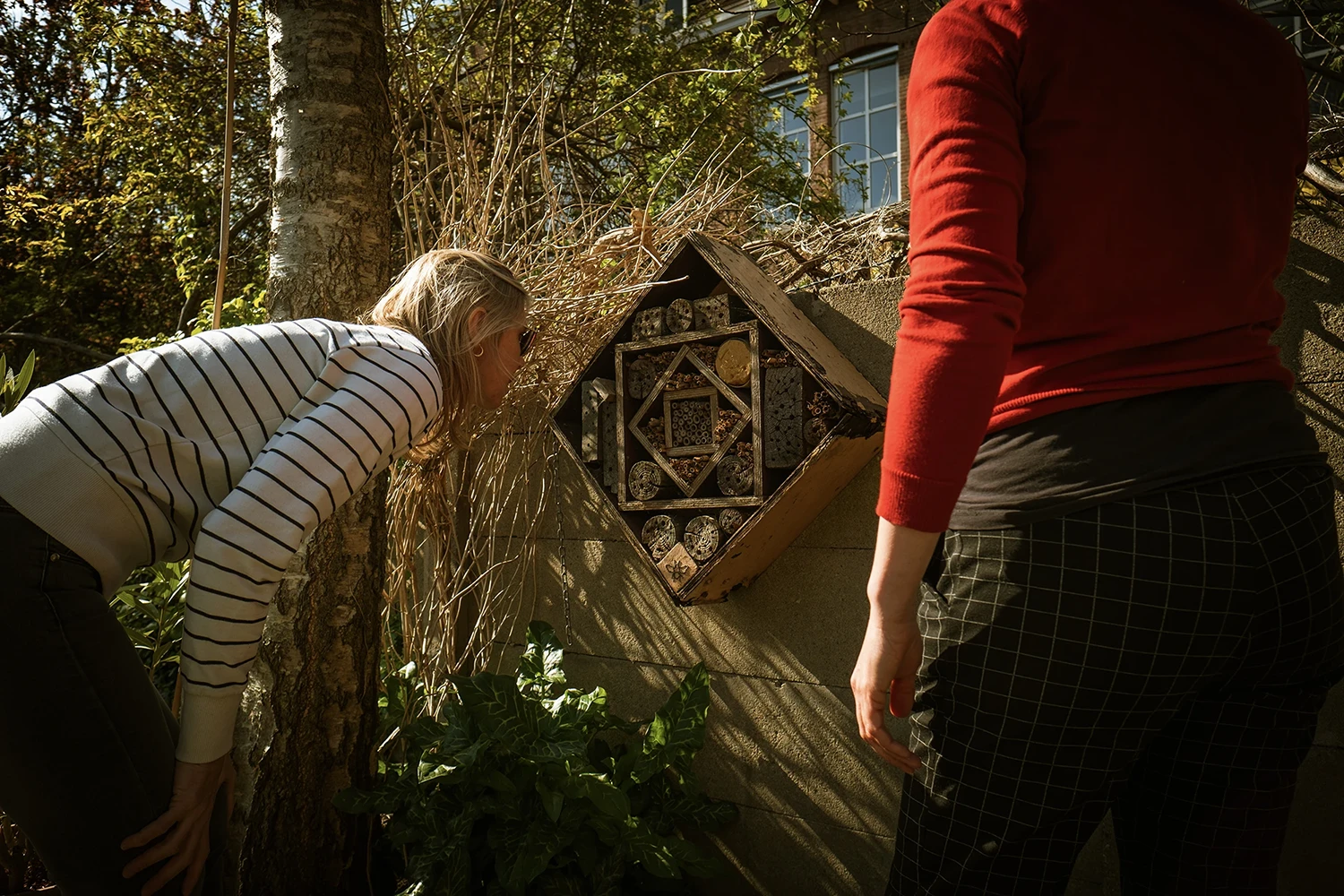The current rate of biodiversity loss is reaching catastrophic proportions. We need to take urgent action and for that, we need to collect as much data as possible across Europe, building solid reference libraries for biodiversity research. This is an enormous endeavour for which the contribution of citizen scientists is crucial.
Citizen Science Contributions
The citizen science contributions map displays the various citizen science activities and samples collected across Europe by our dedicated citizen scientists. Participants, including farmers, park rangers, children, university students, teachers, hobby experts, among others, played a crucial role in collecting arthropod bulk samples, port eDNA water samples, and individual specimens, as well as providing taxonomic expertise in the process. The map also showcases results from the different BGE sampling campaigns conducted across Europe from 2023 to 2025.
By clicking on a pin on the map, the corresponding details will be displayed. Not all results are shown yet. Data will be added as soon as it is ready.
Building reference libraries
BGE aims to collect individual specimens for building the barcode reference library as well community samples for the analyses of invertebrate communities in terrestrial and marine realms. For this, citizen scientists are already involved in three different activities:
- Amateur specialists collect, identify, photograph and submit individual insect specimens for barcoding.
- Citizens and stakeholders (e.g. national park rangers) service and maintain the insect traps for flying insect fauna at mountains across Europe.
- Citizens filter sea water near European ports and harbours to capture environmental DNA (eDNA) and help us detect marine invasive species.
Citizens are supplied with sampling kits and detailed written instructions along with a video explaining how the sampling is done.
Lowering barriers
There is no efficient engagement without some groundwork, that is why BGE has been working to map and interview a large number of stakeholders in the field of genomics across Europe. Their perspective is guiding us in the design of two crucial engagement mechanisms: the project’s “Genomic Toolbox” to help science communicators navigate the complexities involved in generating and applying high-quality reference genome, and an immersive video game designed to guide players through the complete pipeline of high-quality reference genome generation, from initial sampling procedures to practical applications.
Become a citizen scientist in genomic research
Join BGE’s Citizen Science initiatives and become part of the unprecedented European effort to apply state-of-the-art genomic technology for the benefit of biodiversity. Learn new techniques, spend time in nature, meet new people, and contribute to making BGE an open, enriching and inspiring scientific experience whilst protecting our plant.
Training
BGE is hosting a number of training events that will serve as a platform for sharing protocols, methods and expertise cultivated within the project with a broader audience. (You can find information about the first one here). The aim of the training session is two-fold: 1. They offer instruction in metadata recording and specimen preservation with an eye towards future reference genome sequencing. 2. They also allow participants to engage in hands-on activities involving onsite barcoding, using portable ONT sequencing technology and HMW-DNA extraction.
Workshops
BGE is engaging with citizen scientists through a series of workshops and open days targeting all levels -from school children to students, from employees of national parks to amateur expert taxonomists. The workshops use activities and games to show the crucial role of invertebrates in the environment and make participants familiar with the concepts of DNA barcoding as well as the main field methods for collecting, preserving and identifying insects. These activities are also important to explain the concept of DNA barcode library building and the interpretation of barcoding results. You can see here a summary of some of the workshops that we have conducted so far.
“Bio-Blitzing”
BGE has subcontracted research teams from biodiversity hotspots in European widening countries to take the lead in organising bioblitz events following BGE’s guidelines. The primary objective is gathering species for genome sequencing and DNA barcoding purposes.
Participate
Interested in joining us as a citizen scientist? Fill in the form below to tell us a bit about yourself, and we will be in touch.









